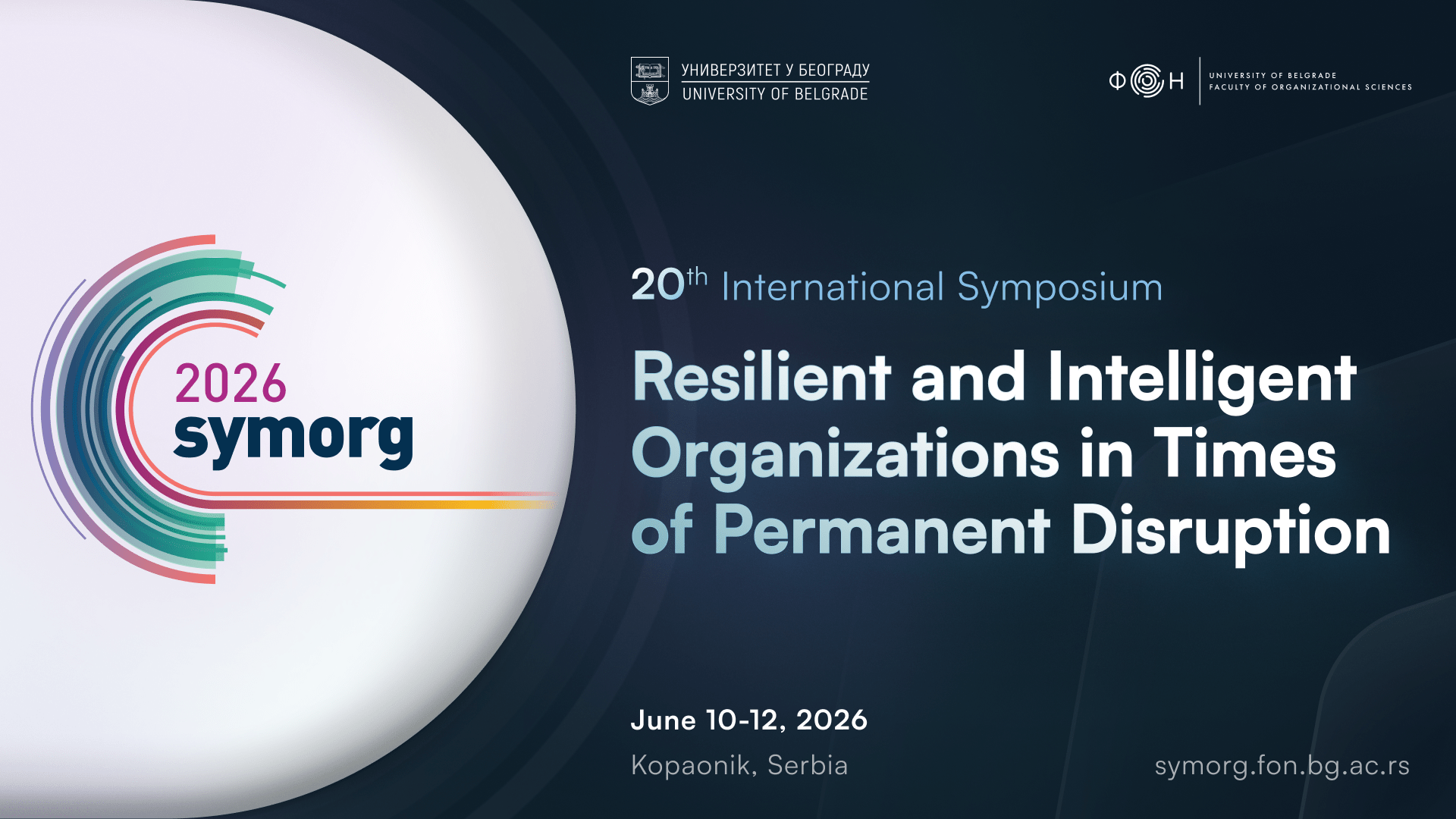The 33rd International Conference on Information Systems Development (ISD) was held from September 3rd to 5th at the Faculty of Organizational Sciences. This prestigious event brought together researchers, students, and experts in the fields of information technology, artificial intelligence, and digital business ecosystems.
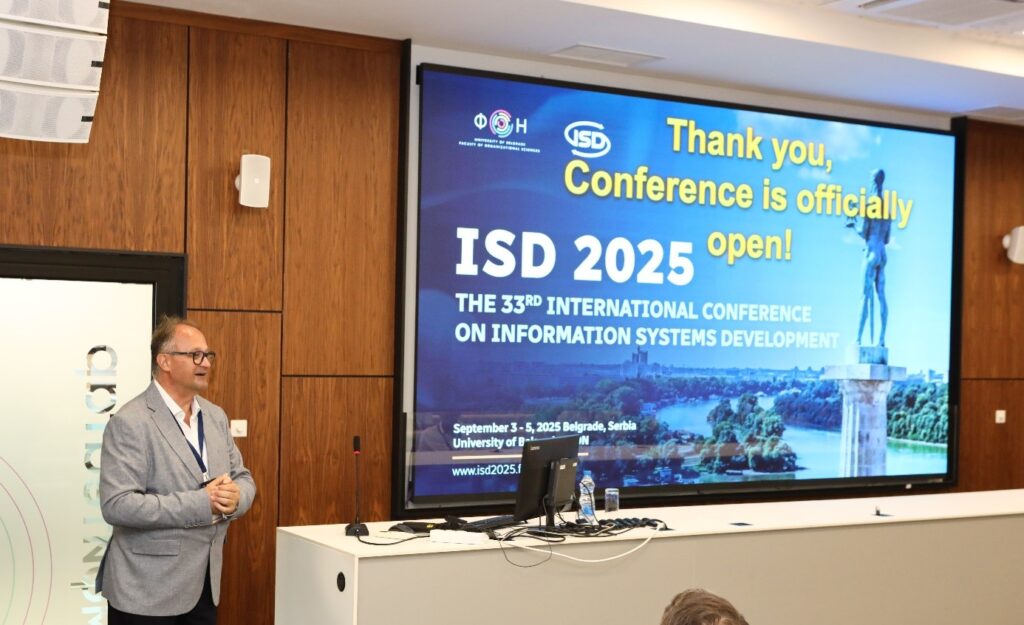
The conference was formally opened by the Faculty of Organizational Sciences Choir, followed by welcome addresses from Prof. Nebojša Bojović, Vice-Rector for International Cooperation at the University of Belgrade, Prof. Marko Mihić, Dean of FON, Prof. Ivan Luković, Chair of the Program Committee and Full Professor at the Department of Information Systems, as well as a student representative who spoke on behalf of young colleagues.
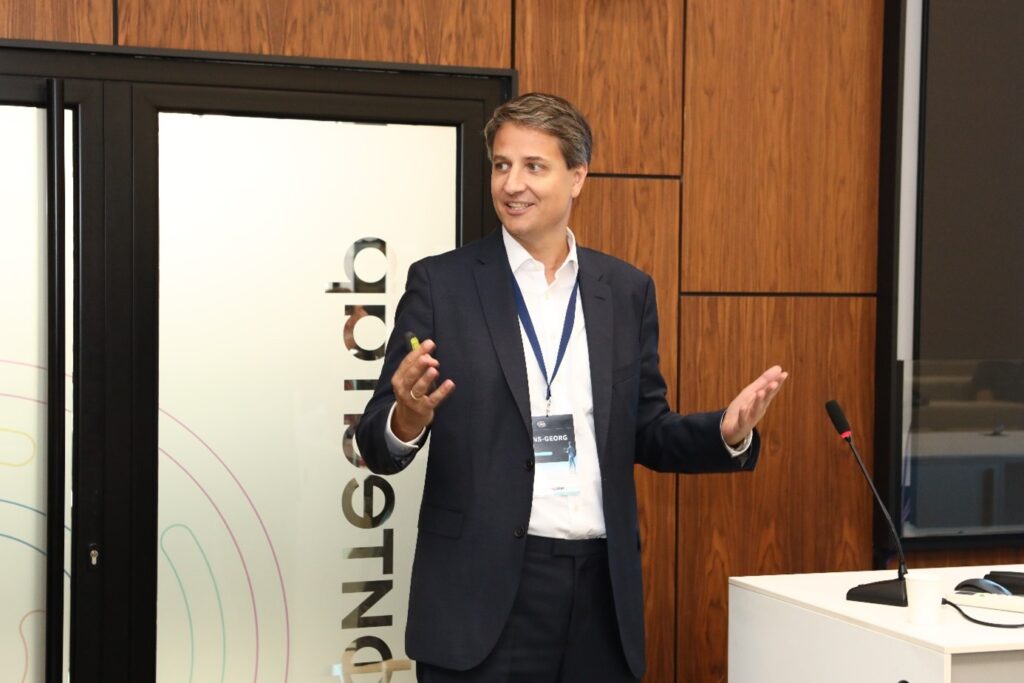
The first day began with a keynote lecture by Professor Hans-Georg Fill from the University of Fribourg, titled “Lost in Generation: The Hidden Cost of AI and the Power of Conceptual Modeling.” He emphasized that while automation and AI can significantly simplify routine tasks, human oversight, critical thinking, and advanced skills remain irreplaceable. Professor Fill stated: “Even in the era of maximum automation, humans remain essential – for oversight, trust, maintenance, and system development.”
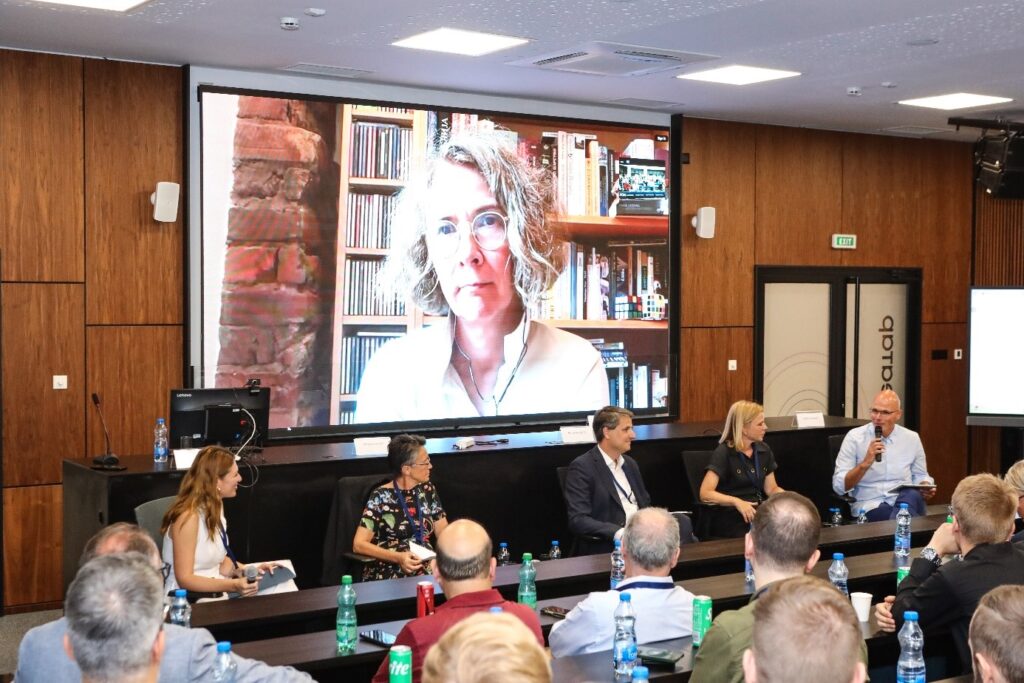
The conference continued with the panel “The Role of AI in Information System Development: Is Academia in Line with Industry?” featuring Prof. Mirjana Ivanović (University of Novi Sad, Serbian Academy of Sciences and Arts), Prof. Jelena Zdravković (Stockholm University), Prof. Hans-Georg Fill (University of Fribourg), Mr. Ognjen Paunović from the European Commission, and Ms. Zorana Branković from Banca Intesa. The discussion highlighted that while AI provides powerful innovations and tools, true success is possible only through an ethical approach, continuous learning, and active engagement of young professionals in shaping the future.

On the second day, Prof. Jelena Zdravković from Stockholm University delivered a keynote lecture entitled “Designing Three R’s of Digital Business Ecosystems: Roles, Responsibilities, and Resilience.” She introduced the concept of digital business ecosystems (DBE), drawing parallels with natural ecosystems. She underlined the importance of diversity, trust, and co-evolution among participants, stressing that a clear definition of roles contributes to the resilience and stability of the entire system.

The third day was dedicated to the application of data in healthcare systems, with a focus on interoperability, standardization, and electronic health records. Prof. Mirjana Ivanović from the University of Novi Sad and a member of the Serbian Academy of Sciences and Arts demonstrated how clinical data analysis can enhance diagnostics and treatment, with special emphasis on data security and medical ethics.

Industry sessions brought together companies such as KEBA Group AG, ASEE, Egzakta Group, and Banca Intesa, which presented participants with practical challenges and applications of digital technologies in business. In addition, poster sessions allowed researchers and students to showcase their latest research and innovative projects, providing a valuable opportunity for direct interaction and knowledge exchange between academia and industry.
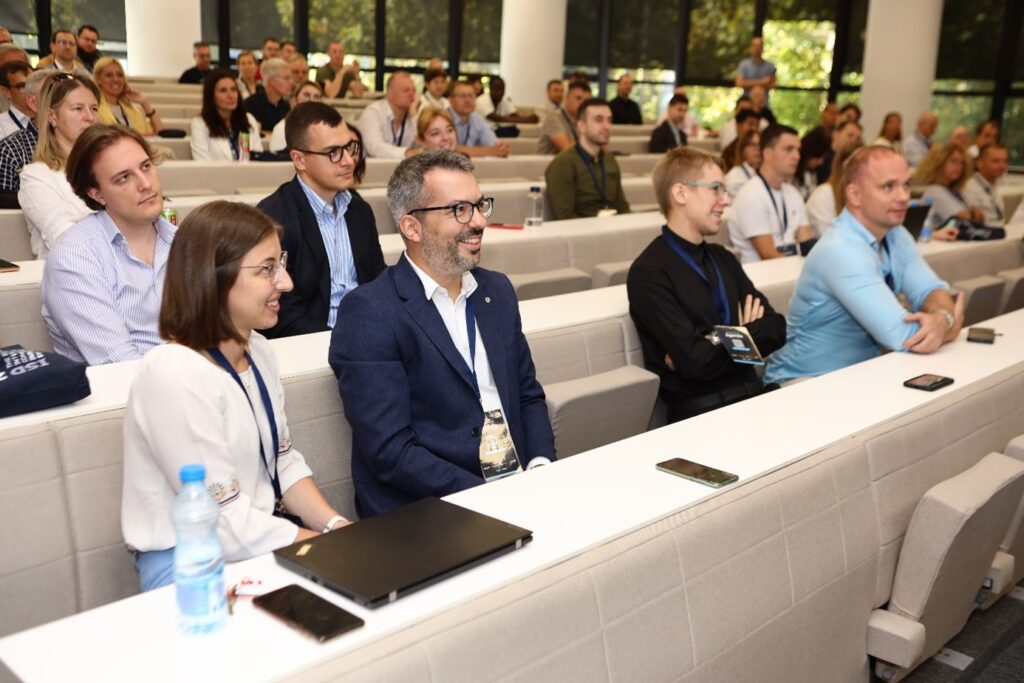
The international gathering concluded with a visit to Novi Sad and the Petrovaradin Fortress.



